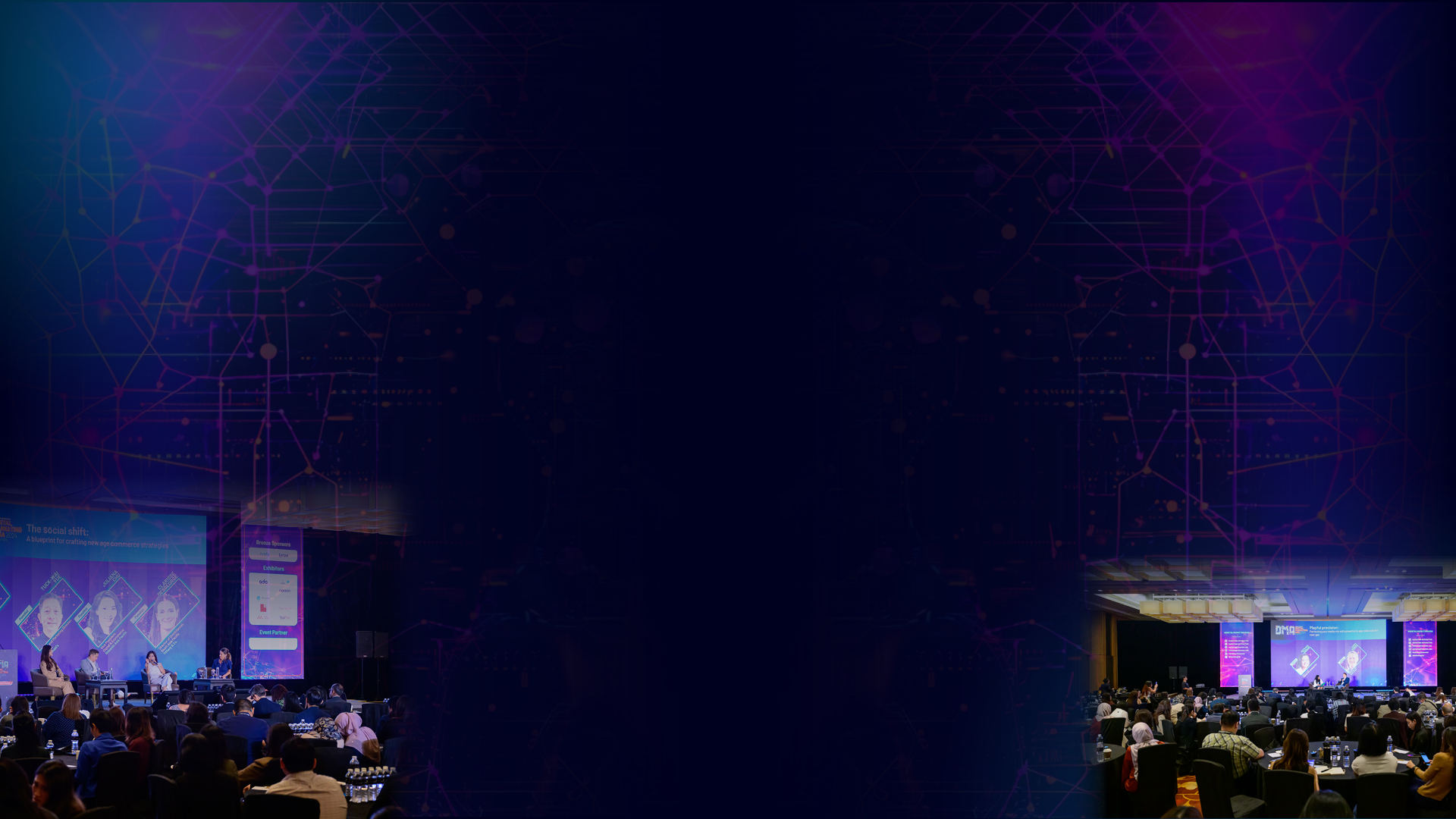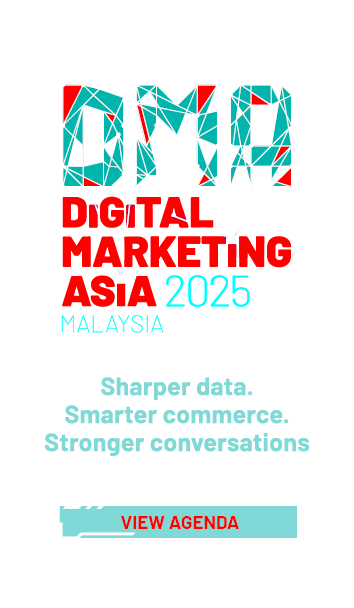



'If it doesn't go viral, it doesn't change', says Syed Saddiq on social media for activism
share on
In this digital era where social media rules, the way we communicate and advocate for change is evolving rapidly. Speaking at PR Asia Malaysia 2024 last week, Malaysian politician and activist Syed Saddiq believes in the saying 'Kalau tak viral, takkan ubah' (If it doesn't go viral, it doesn't change).
Going viral, according to Syed, takes a lot of creativity, innovation and collaboration with different groups and stakeholders. "Daring to take the risk and to try something new will get you far," said Syed in his keynote presentation.
The activist first entered the political scene in 2014 where he had a small reach of 5,000. Now, Syed has combined following of 6 million across his social media platforms, including X, Facebook and Instagram.
Don't miss: 'No knee jerk reactions,' MY PM Dept's head of comms Faidz Sanusi on media, tech and news
In his years, the minister has organised numerous campaigns online with much success. One of his campaigns, 'Botak challenge' (Bald challenge), which ran in 2021 during COVID-19 was a campaign to crowdfund for the elections.
As part of the challenge, Syed promised to go bald if he successfully raised RM200,000 to buy 800 laptops for his constituents in Muar. "It was a campaign that didn't have a big team. It was just about three of us - one was a volunteer," said the minister.
At the end, Syed managed to raise RM400,000 - double the target. "Throughout that one week, I mobilised by social media very well. I called up friends in mainstream media, Astro Awani was very kind to give me prime time coverage for the balding session done by my mum. It was a campaign which drives the main message of hope or service, and then using cross platforms to get it out," said Syed.
According to Syed, the success of the botak challenge was that it tied back to an important issue that is part of his core identity, in this case, service.
"Instead of spending unnecessary money to buy social media followers or to run these very expensive programs or to have a very big social media team, the most important idea behind it is to have campaigns that tie back to your passion or the root cause of the formation of your company, corporation," said Syed. "It must tie back to that core identity," he added.
Syed added that campaigns are trial and error, with many failures that organisations and companies are encouraged to embrace, as long as it does not hurt the main cause.
"Behind every single campaign comes a lot of experimentations, and behind experimentations come failures as well," said Syed, adding that the beauty of social media is how it is an efficient tool that can be deployed at any day and any moment.
"You don't need to throw a lot of resources at it. You can afford to experiment and fail," said Syed. However, the minister emphasises that failures should not and cannot hurt the brand's identity.
The enemy of social media
Syed believes that the biggest enemy to progress to social media is perfection.
"Perfection beats authenticity and today when there are so many companies and NGOs on social media, who prioritise perfection over authenticity, it is very easy to lose the attention of the audience or the followers."
The minister encourages online figures and companies to curate their own social media as "authenticity drives the message home and cuts through the wall of formalities and corporate veil which strips you of that humanity".
In addition, to ensure authenticity the minister does not participate in paid advertisements., saying that its "quite rare" with the only exception being during election time.
Going back to the saying Kalau tak viral, takkan ubah' (If it doesn't go viral, it doesn't change), the minister warns that going viral can be a double-edged sword too.
Alluding to the Bud Light incident involving Dylan Mulvaney, the minister shared how one of the most popular beer companies in United States employed a "very unconventional media campaign" involving a transgender individual during a "heated moment". This resulted to the beer brand losing its market share.
"Virality can really destroy a company and can help a company come up very quickly. I think it doesn't just apply corporates, even when it comes to social movements," said Syed.
Key ingredients to success
According to Syed, the three ingredients which makes the fundraisers and the social movements a success are timing, education and entertainment.
"The algorithms are no longer the same as last year. It changes every single month, at time, every single week, every single day, every single second. If that morning I wake up and see a lot of sports news, if I've been following so many different people in politics, it will never appear on my timeline. What will appear are people I've never followed who share about sports," explained Syed.
To "crack the code", according to Syed, one has to "crack the code through edutainment."
"Content which often goes the furthest are ones where you see and you immediately, intuitively think of sharing it."
"There is a value of education behind it, and also, it's very entertaining. If it's only this long lecture, no one will bother to share it around. That's why, if you see a lot of my short political videos, I don't give long lectures because I know I'll never go far. I try to put in some transitions, a little bit of acting, a little bit of cosplaying, collaborations, but the message is what matters," said Syed.
"So out of 1000 people who end up commenting on my post, the ones who actually engage directly with political content are maybe 10%. The other 90% are commenting on the transitions, the song selection and the innovation put behind - but what do I care? What I care is that the message is out. They've watched it, most likely shared it with their family members. So, edutainment is very important to the first one timing," he added.
Related articles:
Collective effort required to realise MY's aim to be among top 20 AI nations
MY needs to remain a 'neutral' country to become primary investment destination, says minister
Malaysia's digital economy soars with RM66.22 billion investment
share on
Free newsletter
Get the daily lowdown on Asia's top marketing stories.
We break down the big and messy topics of the day so you're updated on the most important developments in Asia's marketing development – for free.
subscribe now open in new window
